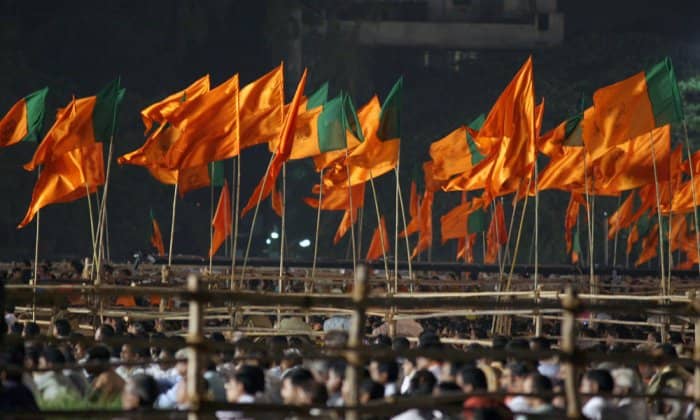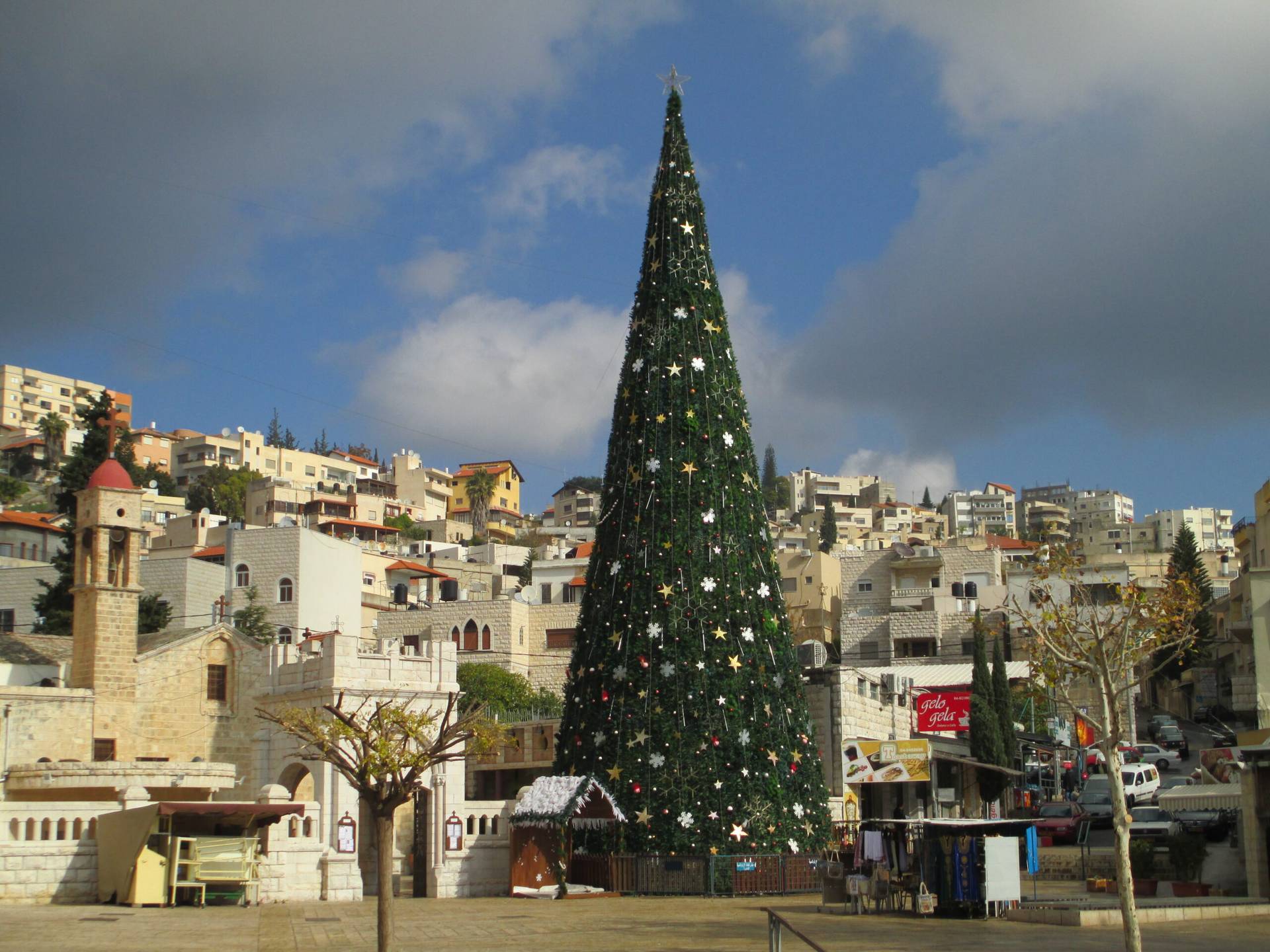MUMBAI, India – Cardinal Luis Antonio Tagle said he was bringing a “message of hope” to Rohingya refugees in Bangladesh this week.
The Manila cardinal was visiting the refugee camps in Cox’s Bazar in his capacity as president of Caritas Internationalis, the Church’s main international humanitarian agency.
“I came here first to help these poor people celebrate the memory of the visit of Pope Francis here in Bangladesh and Myanmar a year ago. And to bring them the assurance of his nearness to all the suffering people of the world,” Tagle said Dec. 3.
There are over 1.1 million Rohingya refugees in Bangladesh. The Muslim minority group has been fleeing persecution in neighboring Buddhist-majority Thailand, the majority of them over the past two years.
“What I see here right now is human suffering, but I see also the hope that the Caritas confederation could bring to people. Our witness of love and concern for any person no matter who that person is, for as long as they need solidarity, love, and compassion, Caritas will be there,” Tagle said. “Jesus, who came poor, who became a refugee himself but who never stopped loving. And I hope that this message coming from this camp would encourage all of us never to get tired of loving.”
The United Nations refugee agency says the enormous scale of the influx of Rohinya refugees is putting an immense pressure on the Bangladeshi host community and existing facilities and services.
The UN says the vast majority of the refugees are women and children, and more than 40 percent are below age 12.
Caritas Bangladesh is one of the main providers of humanitarian relief in Rohingya refugee camps, providing vital shelter, water, sanitation and hygiene, living supplies and protection assistance.
“It’s one thing to see reports and read articles, but another to come here and see and touch,” Tagle said.
“Part of me is sad that humanity keeps allowing suffering like this. When will we learn our lessons and be able to stop a crisis of this magnitude happening again? How as an international community and a human family can we get back to the basics of dignity, care and compassion,” he said.
Accompanying Tagle was the Archbishop of Chittagong, Moses Costa, and Bishop Gervas Rozario, the president of Caritas Bangladesh.
Caritas Bangladesh has helped nearly 500,000 Rohingya refugees since the crisis began. Examples of this aid includes:
- 85,000 families given food,
- 5 million grasses, 8,000 bamboo grafts and 90,000 samplings planted,
- 8,500 shelter up-graded kits distributed,
- 261 latrines, 27 deep tube wells and 170 bathing areas built,
- Through the Barefoot Counsellor project, community discussions on protection, violence, trafficking and gender‑based violence,
- Distributed stoves and refilled liquid petroleum gas for 15,000 households.
“Caritas has done a wonderful service for the Rohingyas,” said Costa.
“We also met government officials who were very happy with the work of the Church among the Rohingyas. It is one year since …the situation last year, [which] was heartbreaking. Now things have greatly improved … with the Church through Caritas providing health care, food and shelter,” Costa told Crux.
The archbishop’s diocese encompasses the area around Cox’s Bazar, and he was quick to point out the work done by other humanitarian agencies in the area.
“We wish for a permanent solution for these people who are stateless and helpless. It is our responsibility to be with them. We want them to have a happy life,” Costa said.
James Gomes, the regional director of Caritas Chattogram told Crux that the visit was like an “anniversary celebration” for Pope Francis’s Nov. 30-Dec. 2, 2017, visit to Bangladesh.
“Last year I got the opportunity to meet with Pope Francis along with a group of Rohingya at Dhaka, as the pope could not visit the Cox’s Bazar camp, but in 2018 Cardinal Tagle could visit the camps,” Gomes said.
Tagle noted that his visit came during the first week of Advent, and the refugees are a “people waiting for a future.”
“For us Advent is waiting not for something but for someone. Jesus, who was born poor, who became a refugee but who never stops loving. I hope this message coming from this camp will encourage all of us never to get tired of loving,” the cardinal said.

















